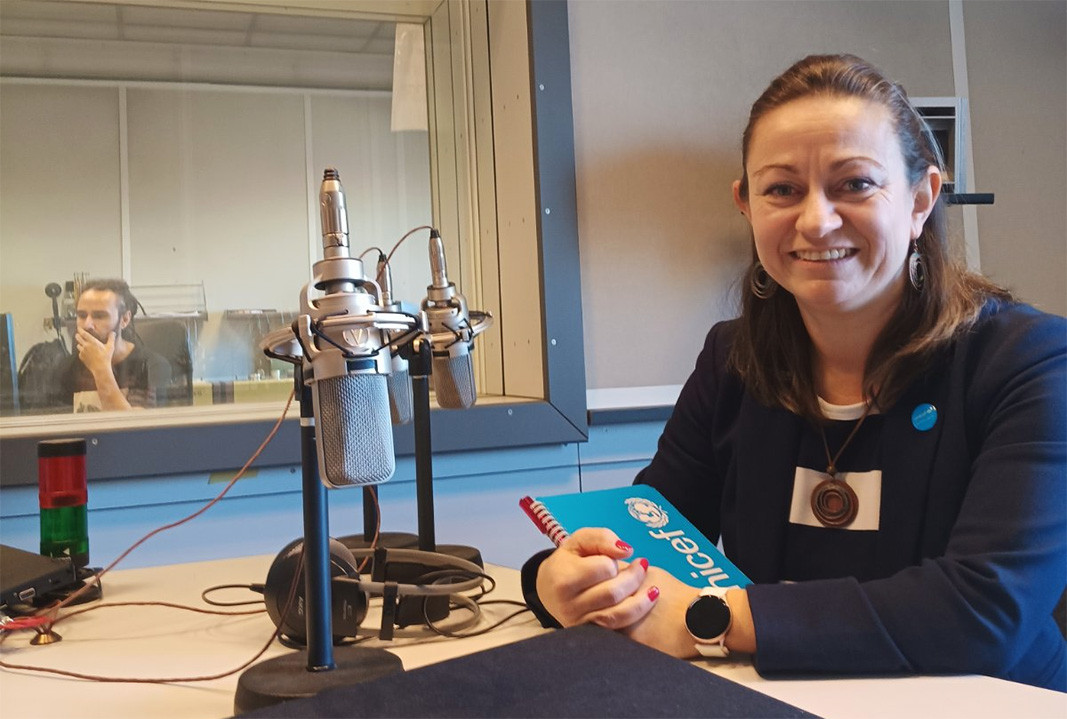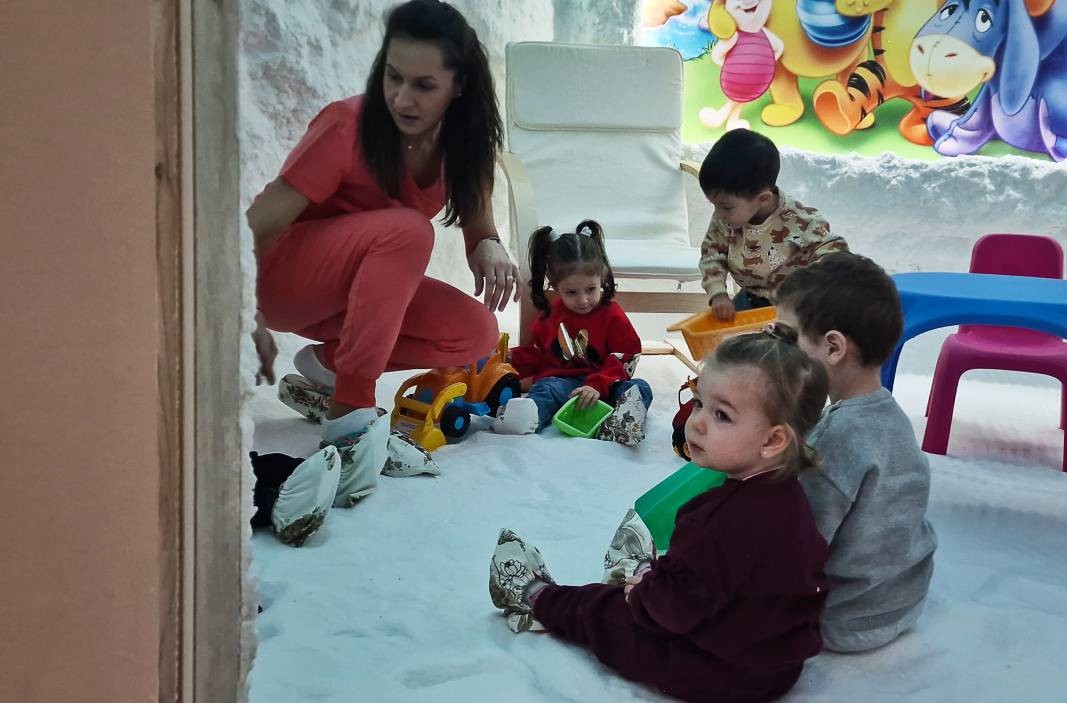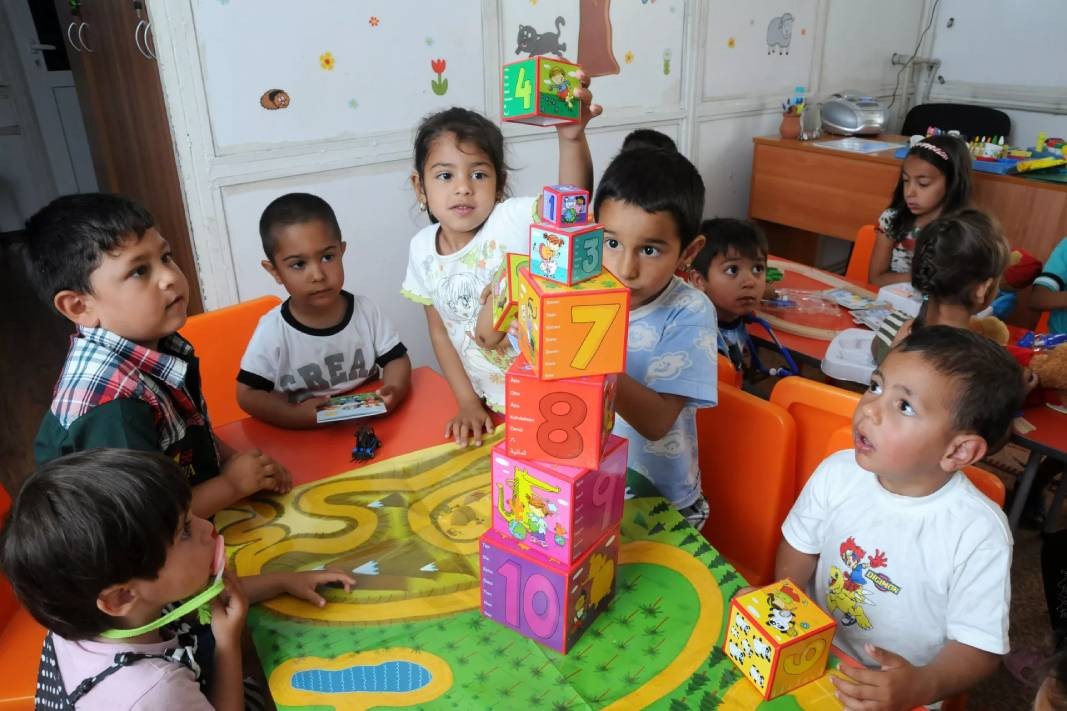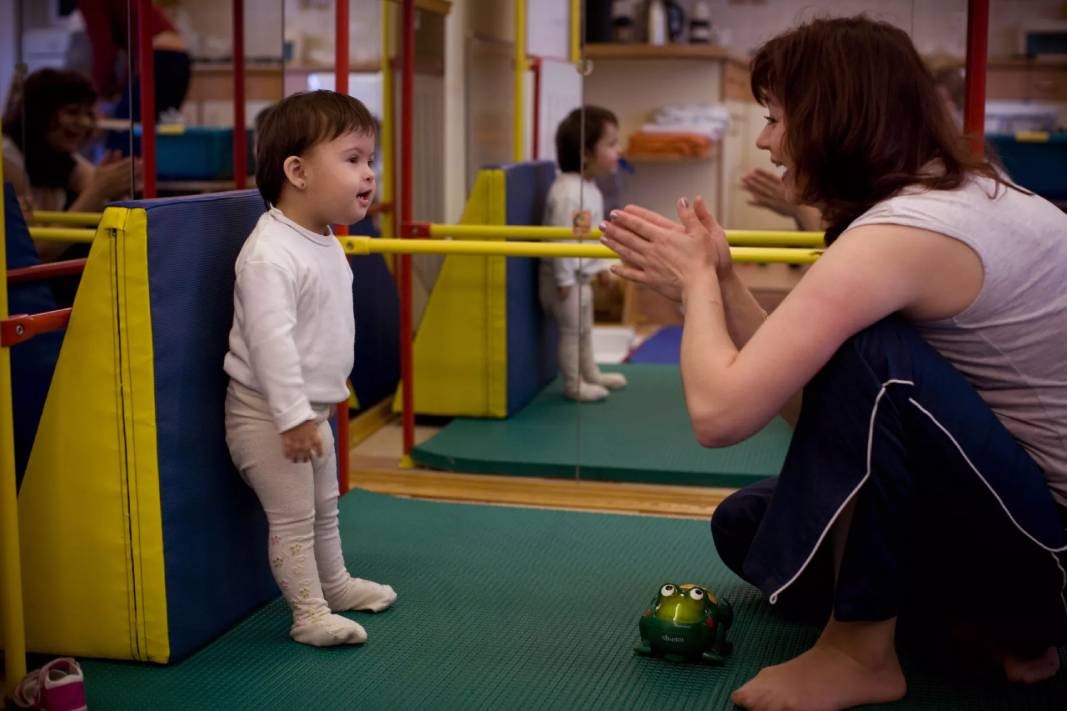The topic of quality in preschool and school education is of great importance for Bulgaria, but there is no quality standard in the Pre-school and School Education Act. Its creation is a task of the Ministry of Science and Education and it should be implemented as soon as possible. Meanwhile, with the support of the EC and partner organizations, 2 years ago the ministry launched a process for developing a Framework for quality of education and care for children in early childhood from 0 years to school entry. It is based on European standards. "This framework was created and the process stopped there. That is why the European Commission assigned UNICEF to implement a project within two years. It is aimed at improving the quality of early childhood education and care by strengthening management, monitoring and evaluation," Maria Yankova, Program Director “Education” at UNICEF-Bulgaria says:

"Currently, in Bulgaria we do not have uniform standards that guarantee the quality of care and education for children, because even though it is not clearly stated, in the age from 0 to 3 years we also have elements of education for children. The goal is to create a concept for a comprehensive system for managing and assessing quality by June 2026, which the government can then adopt. The challenges in Bulgaria are that we have a divided, or as we say – shared, system of early education and care. The nurseries are under the management of the Ministry of Health, while the kindergartens and the nursery groups to them are under the management of the Ministry of Education and Science.

Bringing these ministries to work together, as well as the Ministry of Labor and Social Policy, is part of this project, as there are also children who are educated through social services. It is important that the three ministries agree on the goals and understanding of what we need to develop in children at this age, so that they achieve success and positive results later on."

Maria Yankova lists the five main components proposed by UNICEF and approved by the Ministry of Education and Science in the Quality Framework for Early Childhood Education and Care. First is the criterion of equal access to educational institutions. Next is an assessment of the curriculum and educational results of children. Third comes the training of specialists /pedagogues, teachers/ and their professional development. Next is an assessment of the results achieved in working with children in this age group, and finally – the financial security of services aimed at preschool preparation.
"When we talk about the need to have quality education and qualified teachers, we should not limit ourselves to teachers having a master's degree, but need to determine whether their qualifications meet the needs of the children they teach," Maria Yankova says and continues:

"If teachers work on site with more children from vulnerable groups, we need to see whether teachers undergo specific training so that they can address teaching adequately to the needs of these children. If they work with more children with special needs, we need to see whether the training they undergo is specific to this. In other words, we want to look at the effect that our entire investment in education has and how this has an effect on children's results. They are the ultimate measure of quality in education. Unfortunately, all international studies show great inequalities in terms of the quality of learning and the results of children in Bulgaria. Unfortunately, they are even deepening. However, we must have a single quality standard and it must be flexible and allow for improvement in areas where there is a need, or for maintaining a good level where good results have already been reported."
Author: Gergana Mancheva
Publication in English: Al. Markov
Photos: UNICEF - Bulgaria, Gergana Mancheva
Bringing youthful energy, colour and cheer to the Bulgarian National Radio studio, students from the Bulgarian Sunday School Dr Petar Beron arrived from Larnaca. The group from Cyprus — 16 pupils aged between 14 and 19 — is currently on a week-long..
At the outset of the war between Russia and Ukraine, the Bessarabian Bulgarians across all lands marked their national day with prayers for peace. Nearly four years on, burdened with even greater sorrow, they commemorate that special day scattered..
Switzerland is one of the smaller Central European countries on the Old Continent. It consists of twenty-six cantons with a population of about 9 million people, according to the latest Eurostat data from 2024. 41% of those residing in the country are..
On November 8 in Hall 11 of the National Palace of Culture, Bulgaria’s best masters and artisans will be awarded for the third time. The founder and..
Fertility Europe , the pan-European organization that represents patient associations focused on infertility issues, has announced the start of the 9..
Today, in the Radio Bulgaria studio, we welcomed Helmut Matt – a writer, radio journalist and poet, who has maintained a special connection with Bulgaria..

+359 2 9336 661
